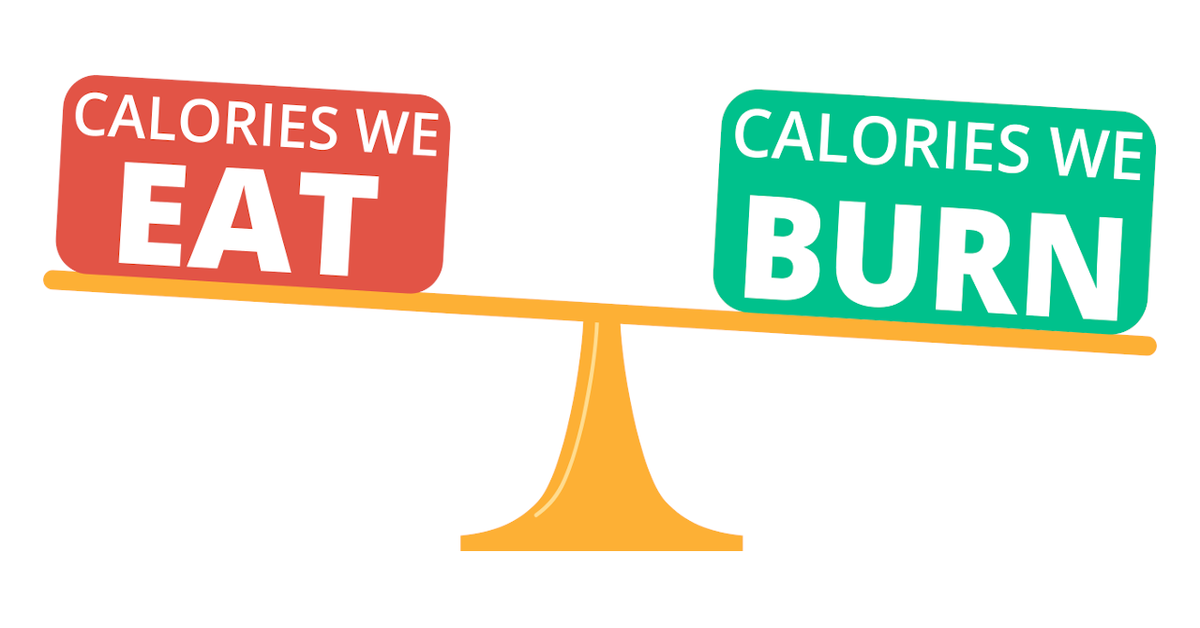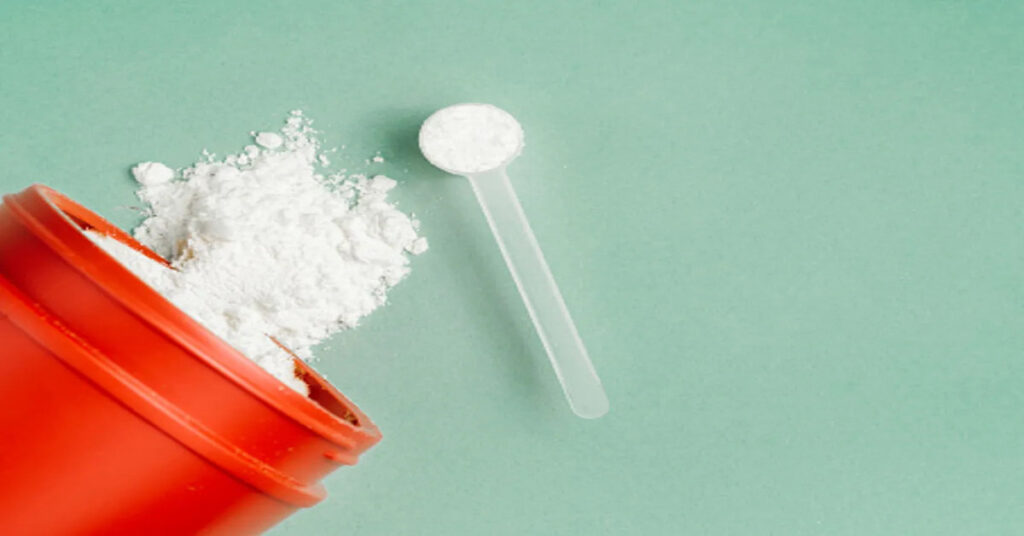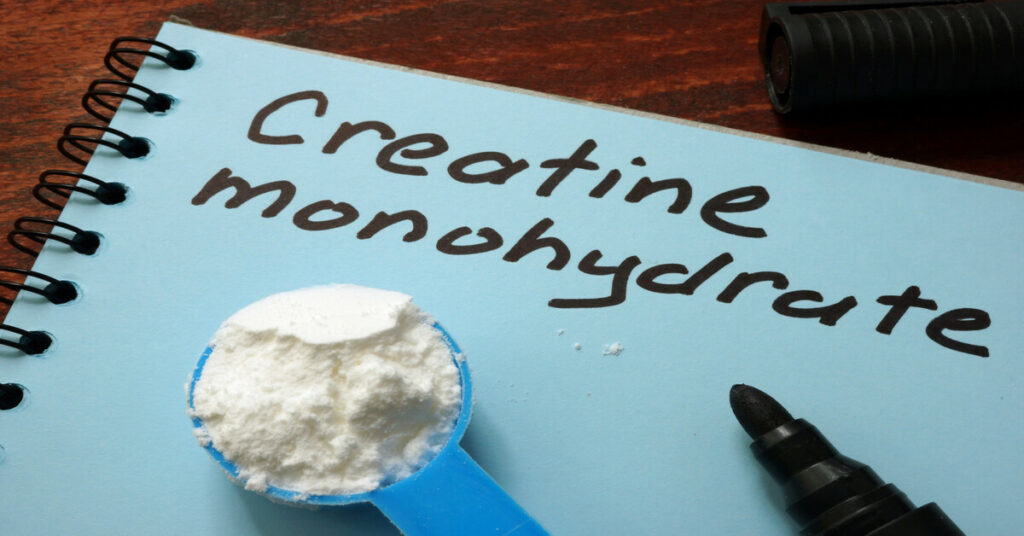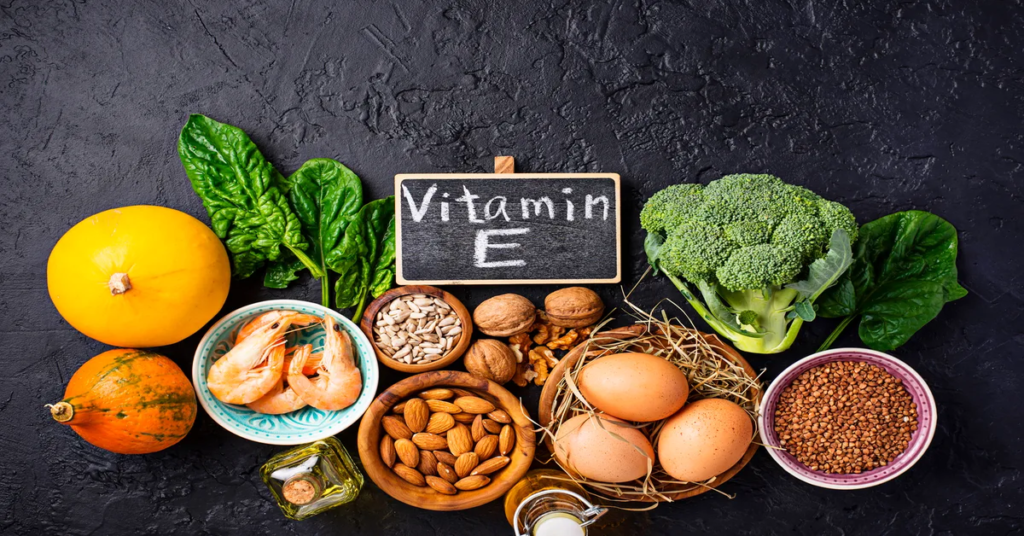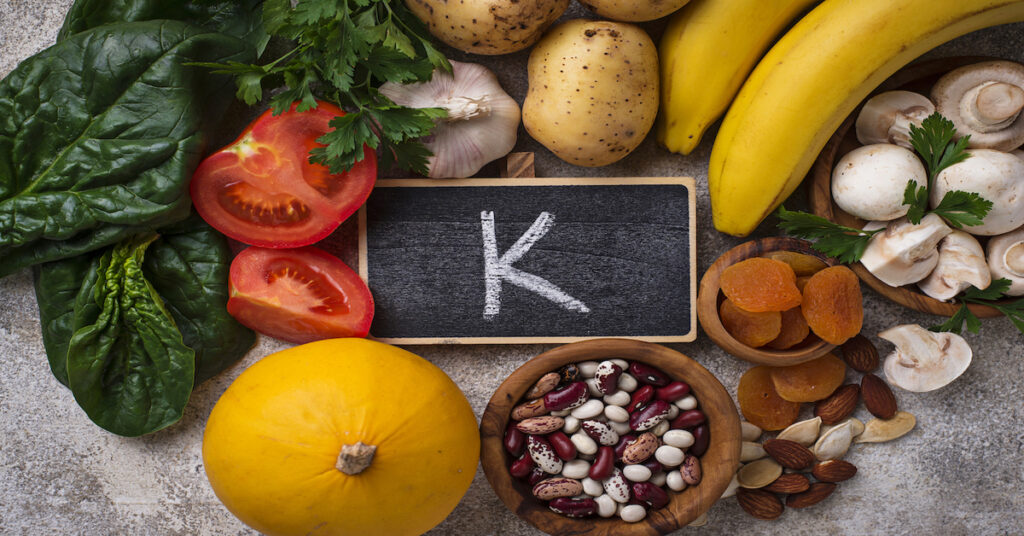ENERGY SURPLUS
To gain muscle, you need to consume enough protein to support muscle protein synthesis and engage in regular resistance exercise to stimulate muscle growth. However, the role of energy surplus (consuming more calories than you burn) in muscle gain is a topic of debate among experts.
On one hand, some argue that an energy surplus is required for muscle gain because it provides the body with the necessary resources to build muscle. Consuming excess calories, especially from protein and carbohydrates, can also help prevent muscle breakdown and provide energy for intense workouts.
On the other hand, others argue that a moderate calorie deficit (consuming slightly fewer calories than you burn) can also lead to muscle gain, especially in individuals who have a higher body fat percentage. In this case, the body can use stored fat as fuel for muscle building, and the deficit can also help prevent excessive fat gain.
Table of Contents
Is An Energy Surplus Required To Gain Muscle?
While research has demonstrated that an energy surplus can have an anabolic effect even without resistance exercise [1] and combining an energy surplus with resistance training seems to lead to greater muscle gain, it is not necessarily essential to have an energy surplus to build muscle. This is because the primary factor in muscle gain is progressive resistance exercise.
Muscle gain has been shown to occur when resistance exercise is performed in conjunction with a hypocaloric diet. [1, 2] It should be noted that the studies demonstrating muscle gain in the context of severe energy restriction were conducted on untrained individuals with overweight or obesity. In one study, participants were placed on a liquid-formula diet providing around 800 kcal per day (80 grams of protein, 97 grams of carbohydrate, and 10 grams of fat) for a period of 90 days. Another study reduced energy intake by 40% from baseline over a period of four weeks.
While it may be more challenging for lean, resistance-trained individuals to achieve significant muscle gain while consuming a hypocaloric diet, it is still possible to make gains. [1] Besides the large amount of anecdotal evidence, there have been a few studies in resistance-trained individuals that reported significant muscle gain in combination with a significant reduction in fat mass, aka body recomposition or recomp. A common thread among these studies was the ingestion of a diet with a high protein content, ranging from 2.2-3.4 grams of protein per kilogram (1-1.5g/lb) of body weight per day.
A study involving elite athletes shed light on the challenges of gaining muscle while on a hypocaloric diet, especially for individuals who already have resistance training experience. The participants followed a four-day per week resistance training program while consuming a diet containing 1.6 grams of protein per kilogram of body weight per day. The diet resulted in a weekly weight loss of either 0.7% or 1.4% (SLOW and FAST groups, respectively). Although both the SLOW and FAST groups achieved a similar reduction in total body weight (-5.5% vs. -5.6%), the SLOW group was able to increase lean body mass by 2.1%, while the FAST group did not experience any changes in lean body mass. The participants in both groups consumed a diet containing 1.6 grams of protein per kilogram of body weight per day and performed a 4-day per week resistance exercise program. The weight loss was achieved more quickly in the FAST group, ranging from 4-12 weeks.
When combined with resistance exercise, eating on maintainance appears to promote an anabolic environment that supports muscle protein synthesis and anabolic signaling, resulting in an increase in fat-free mass. This effect, however, is relatively modest compared to a hypocaloric diet which promotes a catabolic environment.
To maximize muscle gain, it is recommended that individuals consume a hypercaloric diet. However, a caloric maintainance can also promote an anabolic environment for muscle gain, albeit to a lesser extent than a hypercaloric diet. It is worth noting that muscle gain on a hypocaloric diet is mostly limited to untrained individuals with overweight or obesity.
Main Takeaway: Consuming more energy than is expended can lead to muscle gain even without resistance exercise. Combining a hypercaloric diet with resistance exercise has been shown to enhance muscle gain.
To optimize muscle gain, it is recommended to consume a daily protein intake between 2.2-3.4g/kg (1-1.5g/lb) of body weight, with the ideal distribution being multiple meals consumed 3–5 hours apart.

